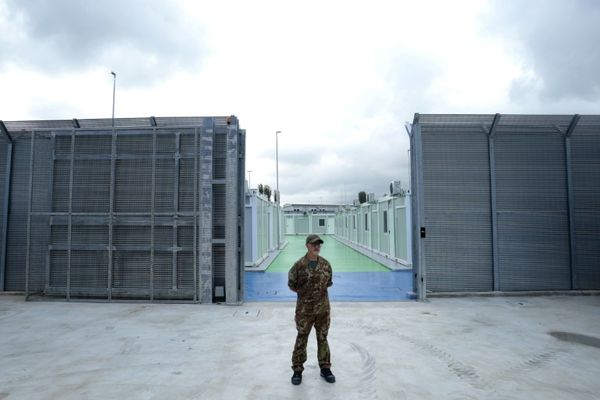A library in Boulder, Colorado, will partially reopen soon, after it closed its doors due to elevated levels of methamphetamine found inside the building, the city said Sunday.
The main library received increased reports of people smoking methamphetamine over a span of four weeks, and closed Dec. 20 to allow for environmental testing, in accordance with a county ordinance.
The test results showed traces of the drug in the air ducts and in library seating. Two employees were evaluated after feeling ill with what were thought to be low-level methamphetamine exposure symptoms, which may include dizziness, headaches, nausea and fatigue. Though, they were cleared.
"This is truly a sad situation and represents the impact of a widespread epidemic in our country," Library Director David Farnan said in another statement. "The city is consulting with Boulder County Public Health officials and will take all steps necessary to prioritize safety. We are committed to transparency and appropriate remediation."
The affected employees were transferred to other branches or worked from home.
The city will hire remediation contractors to dispose of contaminated furniture and conduct "a thorough remediation of the restrooms," which could take several weeks, the city said.
The bathrooms will not be available to the public until new samples have been collected and the city authorizes the library to reopen them.
Employees will return to the location Monday to process book returns. On Wednesday, the public will be able to pick up their holds, while the rest of the building, excluding the bathrooms, will open Jan. 9, the city said.
Methamphetamine use has been a pressing issue in Colorado. Overdoses from meth doubled from 2013 to 2017. Admissions for the use of methamphetamine to what was once the state's largest drug treatment facility — the now-closed Arapahoe House — almost doubled during that same time period.
The amount of methamphetamine seized by task forces formed by the U.S. Drug Enforcement Administration in the state, as well as by Colorado state patrol officers, went up sharply from 2016 to 2017.







